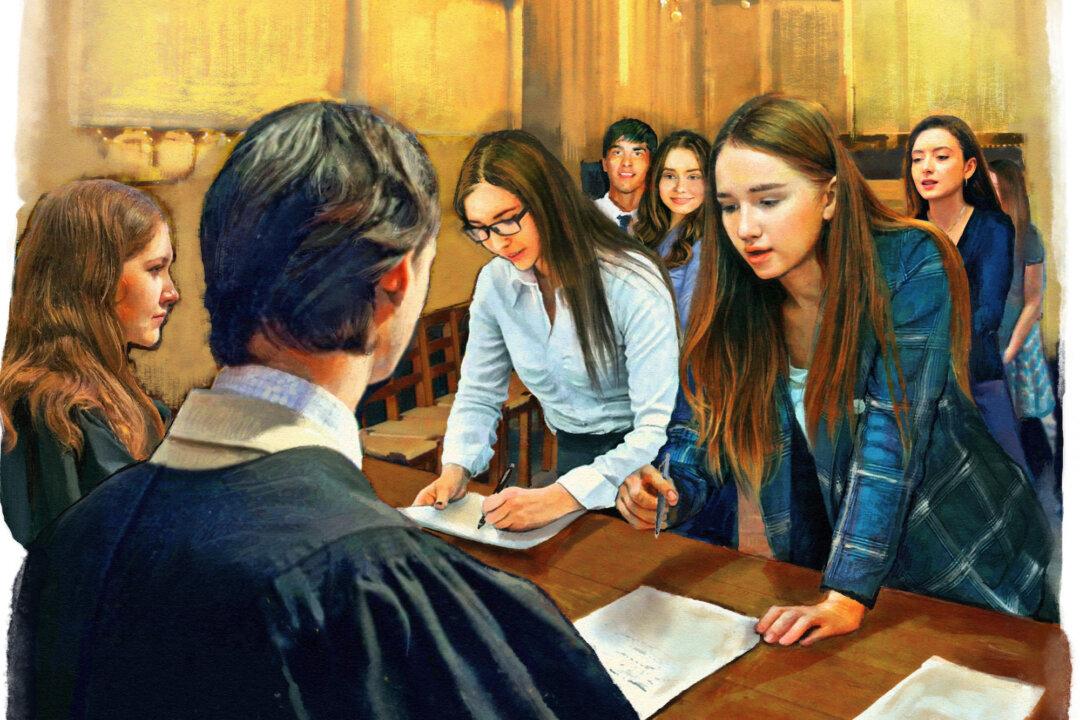With the American Library Association’s recent announcement of a Marxist as its next president, there’s never been a better time to hunker down and educate your children on the evils of communism.
While there’s a wealth of exceptional nonfiction works (meant for adults) taking communism to task, there remains much less out there for young readers. (Publishers, that’s your cue!)





